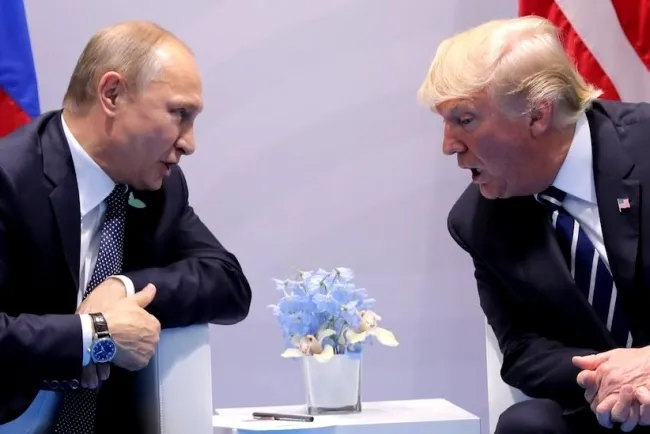Germany Weighs Gold Repatriation Amid U.S. Trust Issues
Germany is contemplating relocating its substantial gold reserves from the U.S. Federal Reserve amid rising concerns about the reliability of the United States as a financial partner.
Germany's gold reserves, totaling 1,200 tons and valued at approximately 96 billion euros, are among the largest in the world and have been securely stored in Manhattan for decades. However, shifting political climates and tensions, particularly during Donald Trump’s presidency, have raised questions about the trustworthiness and security of this long-standing arrangement. With the Christian Democratic Union likely to lead the next German government, discussions around repatriating the gold have gained traction.
Concerns Over U.S. Reliability
The political landscape in Europe has evolved significantly, with recent U.S. tariffs on the European Union exacerbating fears over economic stability. German officials are increasingly cautious, advocating for regular inspections of the gold reserves—a request that has previously been denied. The vaults of the U.S. were once seen as a bastion of safety, but the unpredictability of U.S. policies has led to a reevaluation of this perspective.
Calls for Action from Political Leaders
Prominent figures within Germany's political sphere have expressed interest in relocating the gold back to Europe. Some leaders argue that bringing reserves back to Germany or transferring them to Frankfurt—where a portion is already stored—could bolster financial independence and reduce reliance on U.S. institutions. This shift reflects a broader trend of countries reassessing their relationships with long-time allies amid geopolitical uncertainties.
Implications for Financial Independence
Experts suggest that moving gold reserves to Germany would not only safeguard national assets but also enhance the country's financial autonomy. In a world increasingly fraught with economic unpredictability, the ability to maintain control over such a significant financial asset is crucial. This reconfiguration of gold storage could signify a pivotal change in how nations engage with one another in terms of economic trust and security.
Conclusion
As Germany considers its options for gold repatriation, the implications are far-reaching. The decision to relocate its gold reserves from the U.S. Federal Reserve would not only serve as a protective measure for national wealth but could also redefine Germany's financial landscape in an era of rising global uncertainties. The discussions reflect a growing desire for greater autonomy and security in a rapidly changing geopolitical environment.
What's Your Reaction?















